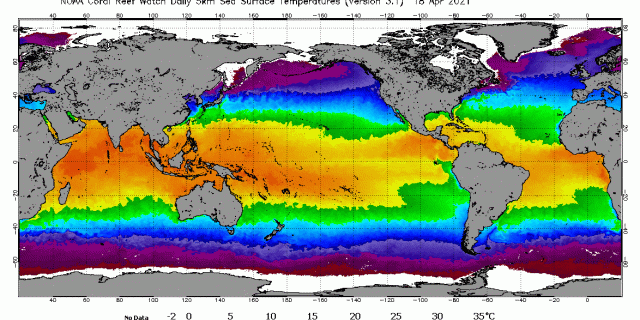The State of Earth’s Climate 2024 – No Evidence of a Planetary ‘Crisis’! – Professor Ole Humlum
Held by Zoom on Wednesday, June 19, 2024 Prof. Ole Humlum used meteorological and climatological data to objectively assess the state of earth’s climate. Global air temperatures in 2023/24 are reported to be the “highest on record” – how significant is that? Global temperature records do confirm that observed average global air temperature rise is about +0.15°C per decade – is that serious? Since 2004, the global oceans above 1900 m depth on average have warmed about 0.037°C – are the oceans “boiling”? Are recent variations between El Niño and La Niña episodes in any way unusual? To what extent …



